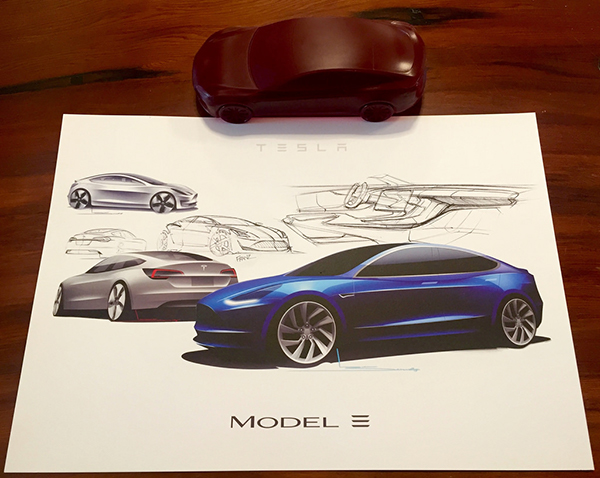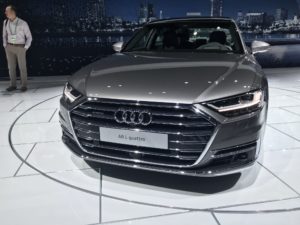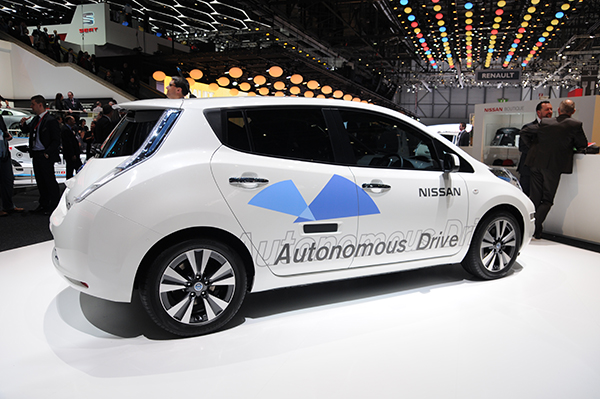In the summer of 2016, Elon Musk, the owner of Tesla announced that something incredible was coming soon. “What we’ve got will blow people’s minds, it blows my mind … it’ll come sooner than people think,†he said. He also alluded to the fact that his company was building a self-driving car. He said that Tesla was focusing on developing AI and improving neural maps (whatever that means). Basically, he’s referring to the onboard supercomputer on the soon-to-be-released Model 3, which will have 40 times the power of previous generations of car computers.
The media went crazy about this announcement from the creator of the Roadster, the first electric sportscar. With that invention and a string of other electric vehicles, Tesla has earned a reputation as an innovator. So when this fall, Tesla not only rolled out the best looking solar roofs, he also delivered on his promise (sort of) of unveiling an autonomous car.
The only problem is that people are wondering just how autonomous the Model 3 is. It is by now widely known that the Model X “semi-self-driving†car has been in accidents, unfortunately some fatal. So, when Tesla claims that the Model 3 is “full self-driving†should we all be hesitant to believe Musk?
For a car to actually drive itself, the vehicle needs complex systems that react to the environment while navigating properly. The new version of the Tesla autopilot system has 8 cameras, with 360 degree views around the car, 12 ultrasonic sensors and a forward-facing radar. All of this shows an improvement on the previous model, but many critics think that it’s both false and irresponsible for Musk to claim that the Model 3 is truly autonomous. One writer says that “Musk is extending his pattern of making bad-faith arguments about autopilot’s safety.â€
Tesla disagrees and plans to release a Model 3 vehicle that will be able to travel from Los Angeles to New York without any human interference by the end of 2017. Musk told The John Hopkins News-Letter that the trip would be “from home in LA, to dropping you off in Times Square, and then the car [would] go park itself.â€
Musk may in the end prove that he truly has created a fully self-driving car after this much anticipated trip, but what will that mean for consumers and insurers? What effect will this have on insurance claims? If there is an accident and the autonomous car is at fault, who pays, the insurer or car manufacturer? The questions for consumers are big, too. How will an autonomous car affect our insurance rates?
While these answers remain in limbo, it seems that in the future manufacturers “see no choice but to build coverage directly into their product.†This is one option and insurance companies are already looking to reinvent how they do business by shifting towards other insurance sectors like sports, security, health care, transportation and financial services.
The information in this article was obtained from various sources. This content is offered for educational purposes only and does not represent contractual agreements, nor is it intended to replace manuals or instructions provided by the manufacturer or the advice of a qualified professional. The definitions, terms and coverage in a given policy may be different than those suggested here and such policy will be governed by the language contained therein. No warranty or appropriateness for a specific purpose is expressed or implied.


